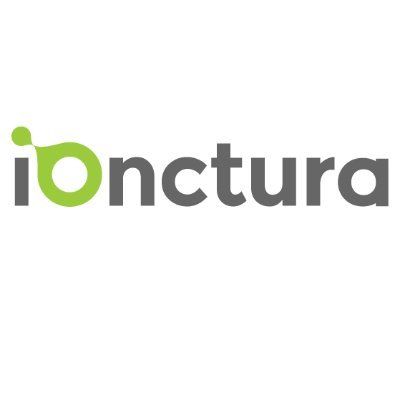iOnctura raises nearly $86m in Series B to fund Phase II cancer trials
20 Jun 2024
Phase 1Orphan DrugPhase 2Clinical Result

Preview
Source: Pharmaceutical Technology
Swiss biopharma iOnctura has raised €80m ($85.8m) in Series B financing to fund the Phase II clinical trials for its two lead cancer therapies, roginolisib and cambritaxestat.
The company plans to start clinical trials investigating roginolisib in various cancer indications including non-small cell lung cancer (NSCLC) and primary myelofibrosis, later this year.
Roginolisib is an allosteric modulator of a phosphoinositide 3-kinase delta (PI3Kδ), which induces an immune response by signalling the growth and division proliferation of white blood cells. PI3Kδ is also overexpressed in multiple haematological cancers where its hyperactivity is associated with tumour progression and invasive potential. In January, roginolisib received an orphan drug designation from the US Food and Drug Administration (FDA).
The PI3K class of drugs have faced a setback in recent years after the FDA’s Oncologic Drugs Advisory Committee (ODAC) unanimously recommended that “future approvals of PI3K inhibitors for hematologic malignancy indications be supported by randomised trial data”, in 2022. The decision was based on high levels of fatal adverse events (AEs) and high rates of toxicity associated with the drug class.
Roginolisib is being evaluated in a Phase I clinical trial (NCT04328844) as a monotherapy and in combination with chemotherapy in patients with advanced or metastatic cancers, including metastatic uveal melanoma, a rare eye cancer. Of the 23 metastatic uveal melanoma patients treated with 80mg roginolisib, less than 5% showed Grade 3 or 4 toxicities. The therapy has an overall survival (OS) rate of 70%, with median OS not being reached.
See Also:SGNB-7H4V by Pfizer for Human Epidermal Growth Factor Receptor 2 Negative Breast Cancer (HER2- Breast CancerHER2- Breast Cancer): Likelihood of Approval

Preview
Source: Pharmaceutical Technology
SGNB-7H4V by Pfizer for Epithelial Ovarian Cancer: Likelihood of Approval

Preview
Source: Pharmaceutical Technology
Cambritaxestat is an autotaxin inhibitorautotaxin inhibitor, which controls the secretion of extracellular lysophosphatidic acid that regulates a variety of cell responses including proliferation and death. It is being developed for the treatment of highly fibrotic tumours that overexpress autotaxin, such as metastatic pancreatic cancer.
The therapy’s safety and pharmacokinetics are being evaluated in a Phase I/II study (NCT05586516) in patients with metastatic pancreatic cancer. The trial’s primary endpoint is the incidence of treatment-emergent side effects over a year.
The Series B investors included Syncona Limited and the EIC Fund, the venture arm of the European Innovation Council (EIC), along with Merck Ventures, Inkef Capital, VI Partners, Schroders Capital and 3B Future Health Fund. UK-based Syncona invested €30m ($32.2m) for a 23% stake in iOnctura.
Concurrent with iOnctura funding, Syncona also invested £16.5m ($21m) for a 60.9% stake in Series A to Yellowstone, a University of Oxford-spinout biologics company. Yellowstone is developing soluble bispecific T cell receptor-based therapeutics against acute myeloid leukaemia.
For more details,please visit the original website
The content of the article does not represent any opinions of Synapse and its affiliated companies. If there is any copyright infringement or error, please contact us, and we will deal with it within 24 hours.
Organizations
Indications
Targets
Hot reports
Get started for free today!
Accelerate Strategic R&D decision making with Synapse, PatSnap’s AI-powered Connected Innovation Intelligence Platform Built for Life Sciences Professionals.
Start your data trial now!
Synapse data is also accessible to external entities via APIs or data packages. Leverages most recent intelligence information, enabling fullest potential.





